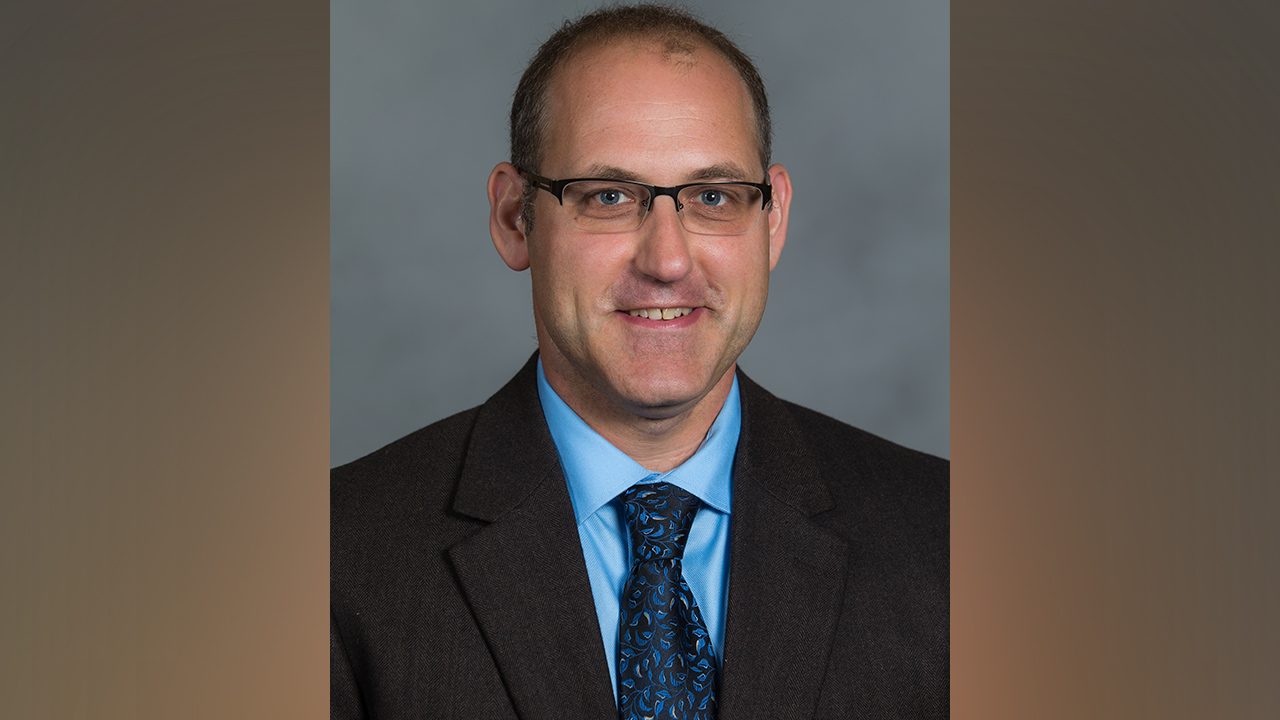
Dr. Pete Lammers, associate professor in the University of Wisconsin-Platteville School of Agriculture, is contributing to a $10 million project, funded by the U.S. Department of Agriculture and led by Purdue University, to make Midwestern agriculture more resilient by diversifying farms, marketing and the agricultural landscape.
The main objectives of the five-year project, titled “#DiverseCornBelt: Resilient Intensification through Diversity in Midwestern Agriculture,” are threefold. The project team seeks to identify a viable set of economically, environmentally and socially sustainable cropping systems that are more resilient to market volatility and environmental stressors and then deliver these new, diversified approaches to farmers, landowners and communities through a network of tools, training and resources.
The third objective – and the one that Lammers’ work will focus on – is to develop and deliver undergraduate educational modules to educate the future workforce. Lammers will work with collaborators from institutions throughout the Midwest to develop learning modules that introduce students to more resilient agricultural systems and better prepares them for an uncertain and changing world. This will include developing curriculum for two- and four-year colleges, as well as material that can be adapted for a high school setting. In addition, the team will develop and deliver an experiential multi-institutional field course focused on agricultural sustainability.
“I am particularly excited about working with my colleagues to put together and deliver this course and am hopeful that many students at UW-Platteville will take part and benefit,” said Lammers. “This will be a unique opportunity for students at UW-Platteville to travel and network with students from other states while exploring farming and food systems throughout the Midwest.”
The U.S. Department of Agriculture’s National Institute of Food and Agriculture (Project No. 2021-68012-35896) funded this work.